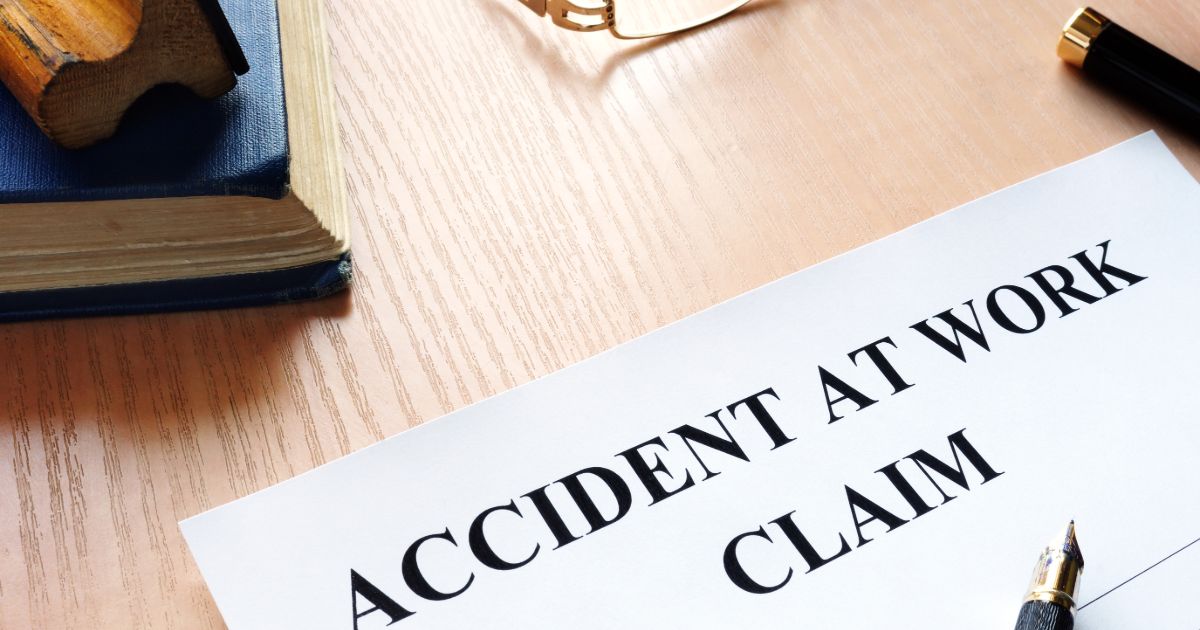Understanding Florida’s Unique Workers’ Compensation Landscape
Florida stands out in the U.S. for its distinct set of guidelines and rules for workers’ compensation. Our comprehensive guide seeks to unravel the complexities of the Florida workers’ compensation rules, ensuring both employers and employees are well-equipped to handle situations involving workplace injuries.
A Primer on Florida Workers’ Compensation Rules
The Essence of Workers’ Comp in Florida
Workers’ compensation acts as a shield, safeguarding employees and employers when mishaps strike in the workplace. This system offsets medical bills and missed salaries, eliminating the necessity to assign blame. Florida employers can source this protection via three routes: self-insurance, state-run programs, or private insurance. The silver lining for employees? Zero costs. However, with a claim, they relinquish any rights to seek further damages.
Exceptions to the Rule
Despite this, certain situations necessitate lawsuits, especially when negligence or potential employer retaliation is in question. Further on, we’ll delve deep into these circumstances.
How Claims Unfold in Florida
Initiating the Workers’ Comp Process
So, what’s on the coverage list? From medical bills to lost salaries, workers’ compensation envelops a range of situations including temporary impairments, permanent disabilities, retraining necessities, and even, unfortunately, death.
Florida’s administrative legal system demands an initial benefits claim petition. A neutral mediator usually manages this process. And if you’re treading this path, it’s absolutely essential to have a representative seasoned in FL workers’ comp law on your side. Having an expert Florida workers’ compensation lawyer ensures you’re not short-changed.
From Mediation to Trial
Mediation usually resolves most disagreements. But unresolved disputes escalate to a review in front of a dedicated workers’ compensation judge. Notably, these trials sidestep jury involvement.
The Critical Role of Negligence Investigation

More than Just Workers’ Comp
Procuring the rightful compensation is paramount, but it’s just the tip of the iceberg. Many workplace injuries have a shadow of negligence.
Skilled attorneys can unearth these hidden aspects, probing deeper into potential workplace hazards or oversights that might have precipitated your injury. If negligence is proven, it could open doors to a broader lawsuit. While workers’ comp addresses your medical bills, the emotional and psychological aftermath of an injury is a different beast. You deserve recompense for these non-physical damages too.
The Tangible and the Intangible
In cases propelled by negligence, the narrative shifts to pain and suffering. Calculating trauma, disrupted life routines, or strained family dynamics isn’t straightforward. This is where legal experts come into play, helping you determine an apt compensation value, leading often to settlements. The ball, however, remains in your court — whether to accept or to proceed to a trial.
The Reality of Workers’ Comp Retaliation
Retaliation post-workers’ comp claim might sound fictional, but it’s a bleak reality. Such retaliatory actions are strictly prohibited under Florida’s workers’ compensation rules for employers. Be it overt harassment or sly intimidation tactics, legal solutions exist for redress if you feel victimized.
The Changing Landscape of Workers’ Compensation in Florida
Historical Evolution
Florida’s workers’ compensation system hasn’t been static. Over the years, the state has reformed its laws, always aiming for a balance between worker protection and sustainable insurance costs. Understanding this evolution provides context and helps in navigating the current system.
Understanding Your Rights
Every worker in Florida should be familiar with their rights. From understanding the duration one has to file a claim to knowing what constitutes a valid injury, this knowledge is power. Plus, with employers having specific responsibilities towards workplace safety and reporting, a clear grasp of rights can be the difference between a successful claim and a rejected one.
Seek legal assistance
Considering seeking legal assistance for your Florida workers’ compensation claim? Look no further than the Worker´s Compensation Attorney from LaBovick Law Group, your trusted partner in navigating the intricacies of FL workers’ comp law.
Frequently Asked Questions
How are permanent disabilities assessed in Florida’s workers’ comp system?
Florida has a distinct method of evaluating disabilities, relying on medical assessments and the resulting work limitations.
Can I choose my own medical provider for treatment under workers’ comp?
Typically, the insurance company has a say in the choice of the medical provider. However, in emergencies, you can visit the nearest emergency facility.
Is mental stress covered under Florida’s workers’ comp?
Mental stress, without a physical injury, can be challenging to claim under Florida’s laws. But with a physical injury, resultant mental anguish can be included in the claim.
What is the average duration for a workers’ comp claim to be resolved?
Most claims, facilitated by mediation, find resolution within months. However, complicated cases involving trials can extend for longer periods.




